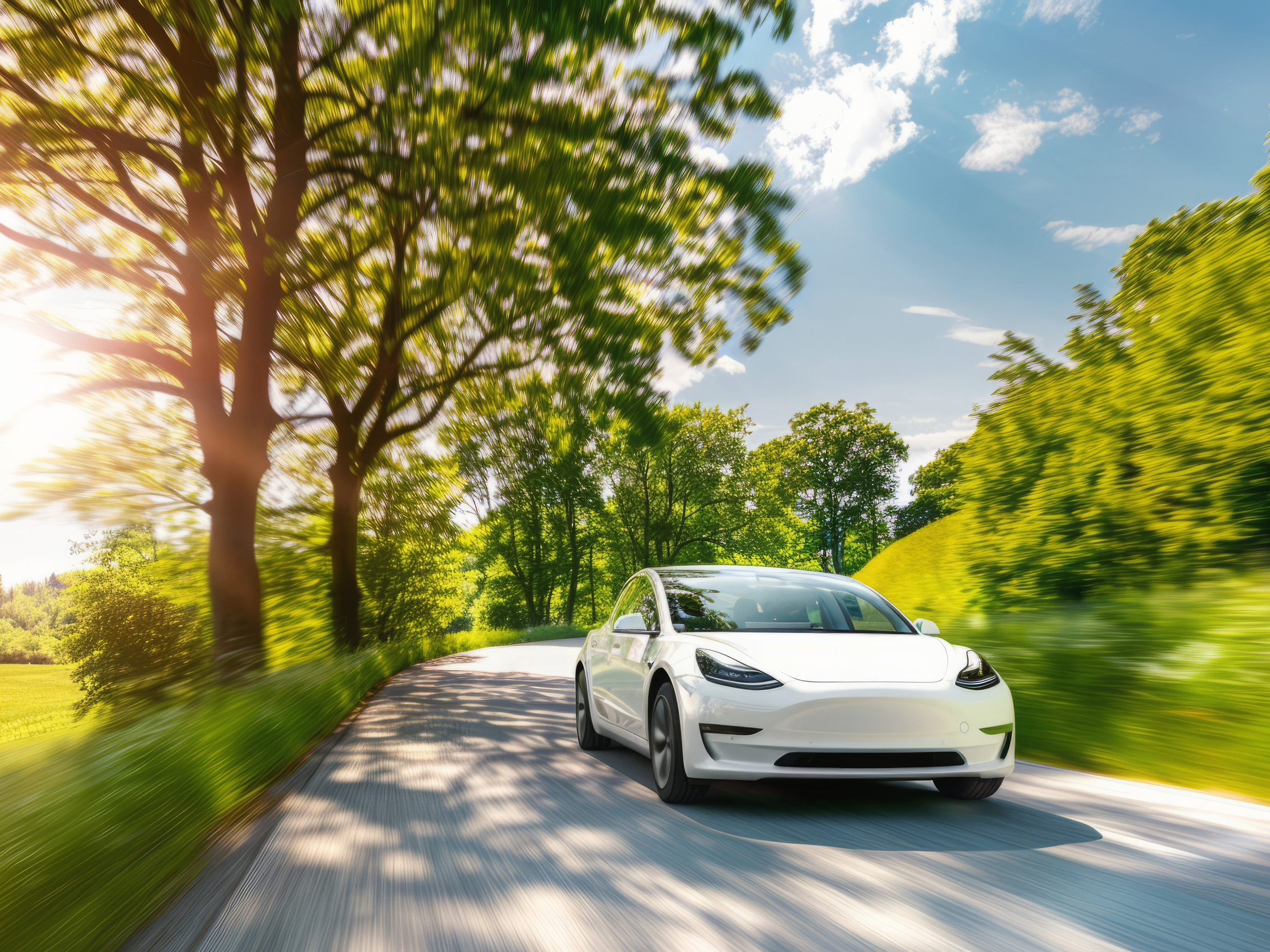Uncategorized
Electric Cars and Auto Insurance Trends
Electric vehicles are more than just a cool tech upgrade—they’re changing how the entire auto insurance world operates. When it comes to Electric Cars and Auto Insurance Trends, there’s a lot going on beneath the surface that many new EV owners don’t realize. From the cost of repairs to special coverage options for charging equipment, the insurance landscape is adapting fast. If you’re planning to buy an electric car or already own one, understanding these shifts can save you money and help you get the right protection.
Understanding Electric Cars and Auto Insurance Trends
First, let’s get one thing straight—electric cars aren’t insured the same way as traditional gas-powered vehicles. They fall into their own category when it comes to risk assessment and repair costs. The rise in Electric Cars and Auto Insurance Trends is mainly driven by how unique these vehicles are.
For example, an electric car battery can cost thousands to replace if damaged, and not every mechanic is trained to handle EV repairs. That means insurance companies often charge higher premiums. However, the trade-off comes in other areas. Electric cars typically have advanced safety features like collision avoidance, adaptive cruise control, and lane-keeping assist. These reduce accident risks, which can balance out the higher repair expenses.
As more data rolls in, insurers are fine-tuning their pricing models to reflect real-world EV performance rather than assumptions. And that’s a good sign for future drivers.
Why Insuring Electric Cars Feels Different
One of the biggest reasons Electric Cars and Auto Insurance Trends are shifting so rapidly is the cost structure behind these vehicles. It’s not just about fixing dents or replacing parts—it’s about dealing with advanced software and custom-built batteries.
Traditional auto shops can’t always service EVs, so repair networks are limited. That drives up costs because insurers have to work with specialized technicians. Also, EVs have a different risk profile when it comes to things like battery fires or charger malfunctions. That’s why insurers are introducing special EV policies to cover home charging stations, cables, and even battery replacements.
Transitioning to electric cars also means drivers are adjusting their habits. With fewer moving parts, EVs tend to have lower maintenance costs overall, which could eventually lead to cheaper long-term insurance rates. But for now, the upfront costs still keep premiums slightly higher than those for comparable gas models.
The Role of Telematics in Electric Cars and Auto Insurance Trends
Technology doesn’t just drive electric cars—it’s also reshaping how insurance companies assess risk. Modern EVs collect tons of data, from speed and acceleration patterns to energy consumption. Insurers use this telematics data to offer personalized policies.
Imagine getting a discount because your driving data shows you’re a cautious driver who rarely speeds or brakes hard. That’s exactly what’s happening under the umbrella of Electric Cars and Auto Insurance Trends. Many insurers now offer usage-based or “pay-how-you-drive” plans specifically designed for EV owners.
This transparency works both ways. Drivers gain insight into their habits, while insurers set fairer, more accurate prices. The result? Safer roads and potentially lower premiums for responsible EV owners.
Green Incentives and Insurance Discounts
Governments worldwide encourage eco-friendly choices, and insurers are following suit. Many providers now offer “green discounts” to electric car owners as part of sustainable initiatives. These perks include reduced rates, lower deductibles, or extra coverage for charging equipment.
Because sustainability sells, these Electric Cars and Auto Insurance Trends align perfectly with global climate goals. Insurance companies that promote eco-conscious policies also boost their brand image while helping customers save. It’s a win-win.
Moreover, some insurers are even exploring partnerships with EV manufacturers. For instance, Tesla has its own in-house insurance program, offering policies based on real-time vehicle data. As more automakers jump on board, this could redefine how insurance works entirely—tailored directly to your specific car model and driving habits.
The Cost Factor: What to Expect in Premiums
Let’s talk money, because that’s what most drivers really want to know. While EV insurance rates are slowly becoming more competitive, they still tend to cost about 10% to 20% more than traditional auto insurance. Why? Mainly because of parts, labor, and tech complexity.
However, there are ways to reduce those costs. Shopping around, bundling policies, and taking advantage of clean-driving discounts can make a noticeable difference. As Electric Cars and Auto Insurance Trends continue evolving, more insurers will introduce loyalty programs and reward-based systems that encourage safe, eco-friendly driving.
Another important trend is pay-per-mile insurance. Since many EV owners drive shorter distances and rely on public transportation, this type of coverage makes sense. It lets you pay for insurance based on how much you actually drive, which fits perfectly with sustainable living.
Preparing for the Future of EV Insurance
The bottom line is that Electric Cars and Auto Insurance Trends are still evolving, but the direction is clear. Insurers are learning fast, EV technology keeps improving, and more affordable repair options are appearing. Within a few years, EV insurance could even become cheaper than conventional coverage.
To stay ahead, EV owners should compare specialized EV policies, ask about charger protection, and keep an eye on new green discounts. It’s also worth considering telematics-based insurance, especially if you’re a careful driver. As technology continues to merge with mobility, drivers who embrace these changes will save the most.
Ultimately, insurance isn’t just about protection anymore—it’s about adaptation. The shift to electric cars is rewriting the rulebook, and understanding these new trends helps you make smarter financial decisions while supporting a cleaner planet.
Final Thoughts
Electric vehicles represent the future of driving, but they also demand a new way of thinking about coverage. Staying informed about Electric Cars and Auto Insurance Trends isn’t just smart—it’s essential. Whether you’re already behind the wheel of an EV or planning to buy one soon, knowing how insurance fits into the picture will help you save money, stay protected, and make the most out of your eco-friendly investment.








